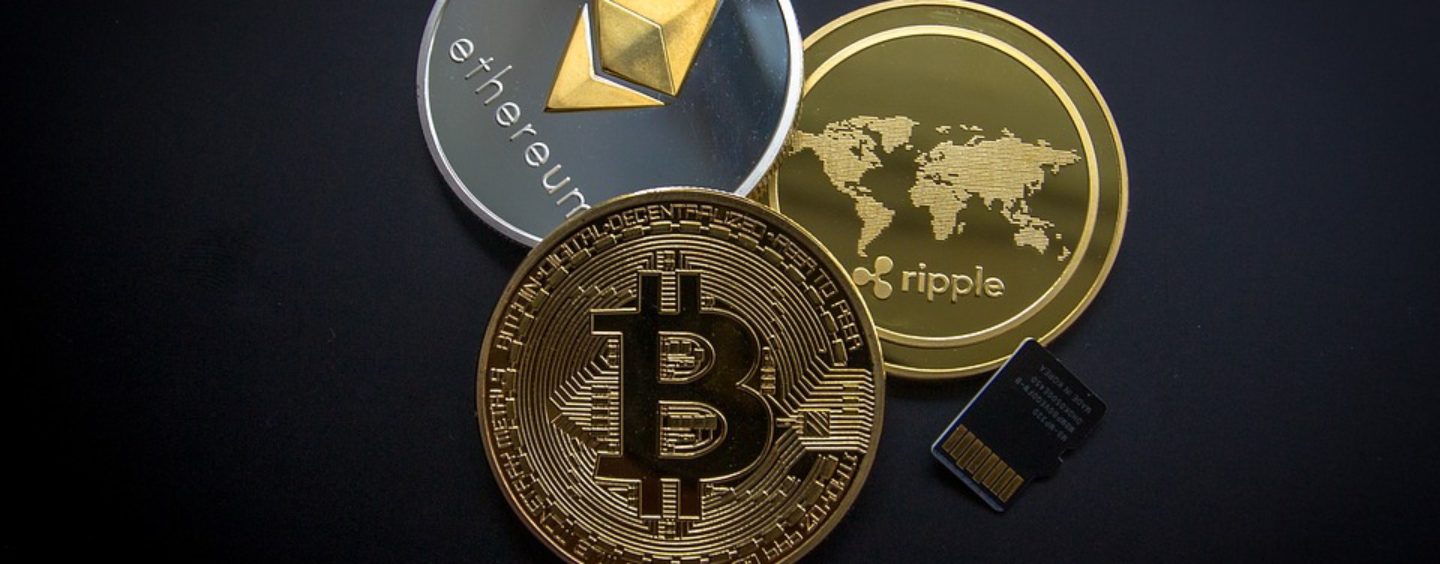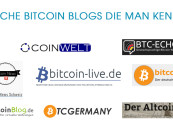The advent of Bitcoin and its spectacular rise over the last few years has investors pouring their money into cryptocurrencies by the millions. But investing in cryptocurrencies comes with unique investment risks including regulatory risk, security risk, fraud risk and market risk. Keep in mind that cryptocurrencies are still in an early stage and are very volatile: while, the value of Bitcoin grew by more than 1,000% in 2017, it also has declined a substantial percentage since the beginning of 2018.
But for those in Switzerland who are sure of what they’re doing and wish nevertheless to buy cryptocurrencies and are wondering to themselves “How do I trade cryptocurrencies in Switzerland?”, here are a few exchanges and trading platforms available out there.
Buying cryptocurrencies in Switzerland
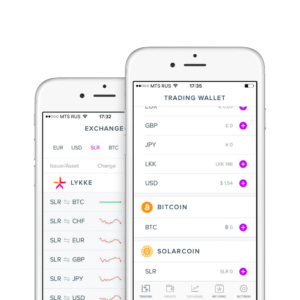
Lykke mobile app
Swiss startup Lykke is the largest exchange platform for BTC/CHF trading. The exchange also supports trading for several cryptocurrencies include Bitcoin, Ethereum, Litecoin, TIME, Bancor, as well as its very own crypto-token the Lykke coin.
Another popular platform in Switzerland is LakeBTC, which supports a lot of cryptocurrencies including Bitcoin, Litecoin, Ethereum, and Ripple, among many others.
Startups and institutions such as Falcon Private Bank, Bitcoin Suisse, Bity, and Crypto Finance provide cryptocurrency brokerage services.
Bitcoin Suisse, a regulated crypto-asset broker and infrastructure provider, specializes in large-scale transactions and customizes fees for large purchases.
Bity is another Switzerland-based broker supporting Bitcoin and Ethereum. The company also operates Bitcoin ATMs in Geneva, Lausanne, Montreux, Neuchatel and Zurich.
Crypto Finance, a startup based in Zug, provides blockchain-related services with asset management, trading and storage.
Last year, Falcon Private Bank, a Swiss private banking boutique, began to offer blockchain asset management services for Bitcoin, Ethereum, Litecoin and Bitcoin Cash. The bank enables clients to exchange and hold the cryptocurrencies via Falcon by using their cash holdings. Additionally, a Bitcoin ATM was installed in the lobby of the bank’s headquarters in Zurich.
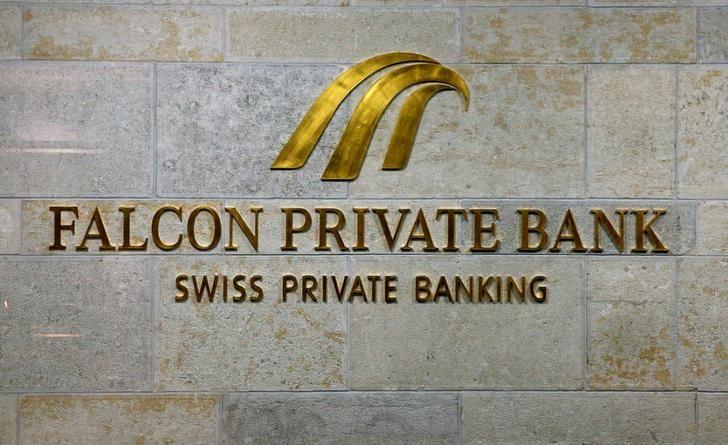
The logo of Swiss Falcon Private Bank, owned by Abu Dhabi’s International Petroleum Investment Co (IPIC), is seen at its headquarters in Zurich, Switzerland September 22, 2016. REUTERS/Arnd Wiegmann
A number of foreign online brokers and exchanges are also serving the Swiss market. These include US-based Coinbase and its exchange platform GDAX, which supports customers in over 30 countries and offers Bitcoin, Bitcoin Cash, Ethereum and Litecoin trading, Coinmama, which allow customers from nearly all countries to buy Bitcoin with a credit or debit card, BitPanda, an Austrian broker that supports Bitcoin and Ethereum, and Bitcoin Deutschland, one of the largest Bitcoin marketplaces in Europe with over 725,000 and which supports Bitcoin, Ethereum, Bitcoin Cash and Bitcoin Gold.
eToro, a European brokerage company with offices in Cyprus, Israel and the UK, allows customers to trade and invest in cryptocurrencies including Bitcoin, Ethereum, Litecoin, Ripple, and Dash, along with ETFs and thousands of stocks.
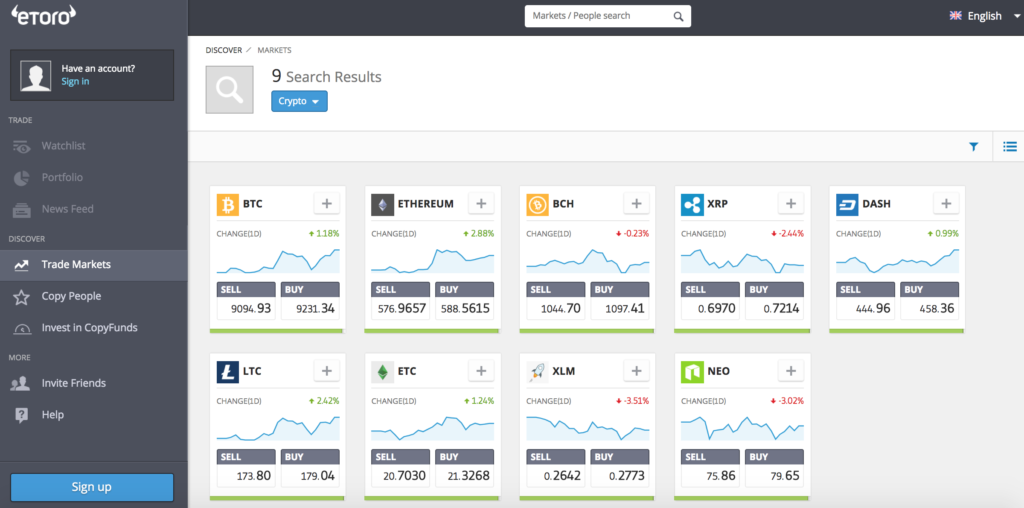
For those who would rather buy cryptocurrencies with cash, platforms such as Localbitcoins.com and Localethereum.com are peer-to-peer marketplaces that connect sellers with buyers.
Trading platforms
To acquire smaller, lesser known cryptocurrencies and crypto-assets such as Enigma, Next or Civic, traders often have to buy them with bigger cryptocurrencies like Bitcoin or Ethereum.
Some of the world’s largest crypto-to-crypto trading platforms including US-based Bittrex and Poloniex, but also Chinese Binance and Bitfinex, South Korean Bithumb, and Singaporean Huobi.pro.
These platforms are accessible to nearly all customers around the world and since some of them only deal with crypto-to-crypto trading, occasional users aren’t even required to get verified for small trades.
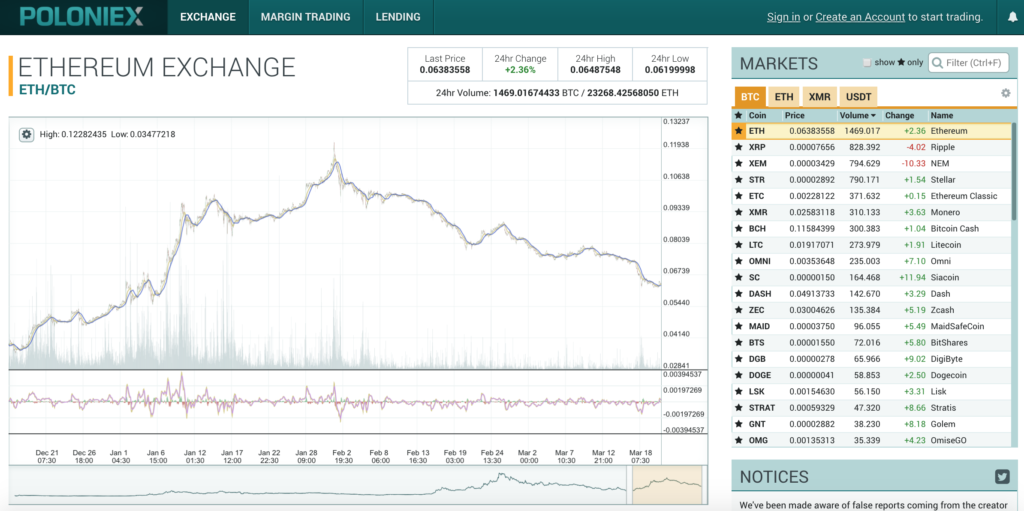
Featured image: Cryptocurrencies, via Pixabay.


